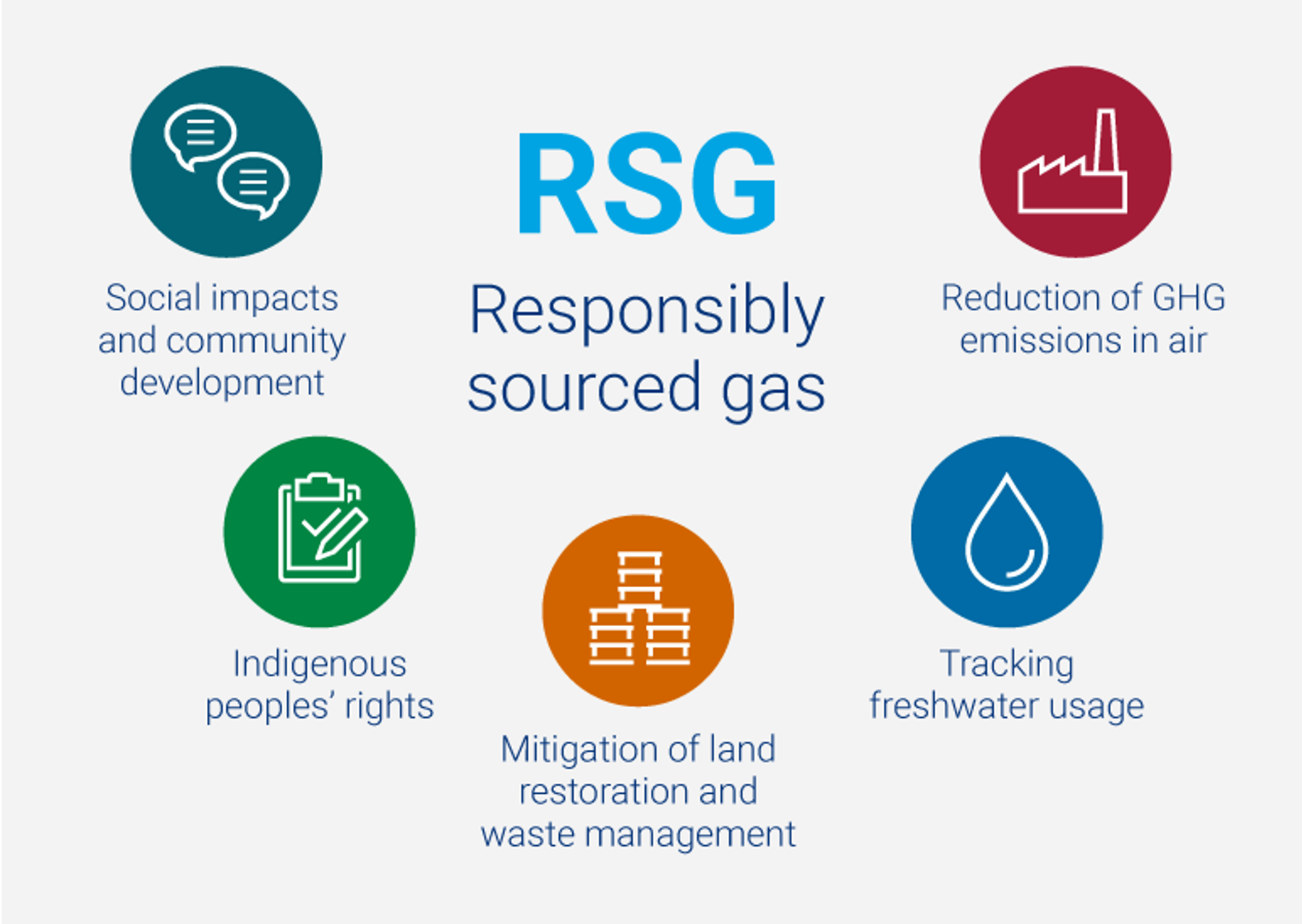Shaping a Cleaner Energy Future with Responsibly Sourced Natural Gas
Responsibly Sourced Natural Gas refers to natural gas obtained through practices that prioritize environmental stewardship, social responsibility, and transparent governance. Unlike conventional natural gas extraction, RSG emphasizes reducing environmental impacts, particularly in areas like greenhouse gas emissions, water usage, and land impact. It involves rigid environmental standards and practices that ensure the gas is produced with minimal impact to the environment.
The Significance of RSG
RSG represents an important transition phase in the energy sector. While renewable energy sources like solar and wind are vital, natural gas, particularly when sourced responsibly, plays a crucial role in providing reliable and cleaner energy during the transition towards a cleaner energy future. RSG offers a more sustainable alternative to traditional natural gas, aligning with the global commitment to reducing carbon footprints.
The Role of RSG in the Energy Transition
RSG serves as a bridge between traditional fossil fuels and renewable energy sources. It provides a cleaner, more sustainable energy option that can be integrated into the existing energy infrastructure. This integration is essential for maintaining energy reliability and affordability while making significant strides in reducing environmental impacts.
Balancing Today and Tomorrow
As part of a comprehensive clean energy strategy, RSG contributes to a balanced and pragmatic approach to the energy transition, ensuring that the journey towards a sustainable energy future is both inclusive and effective. In the Four Corners area and beyond, RSG is a key component in shaping a cleaner, more responsible energy landscape.


